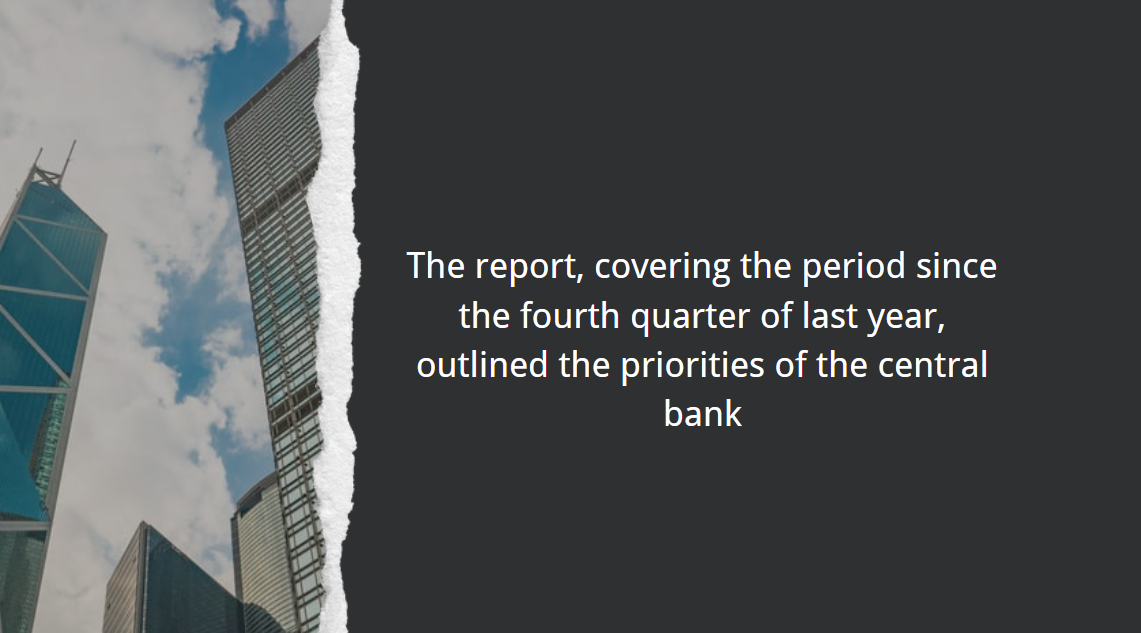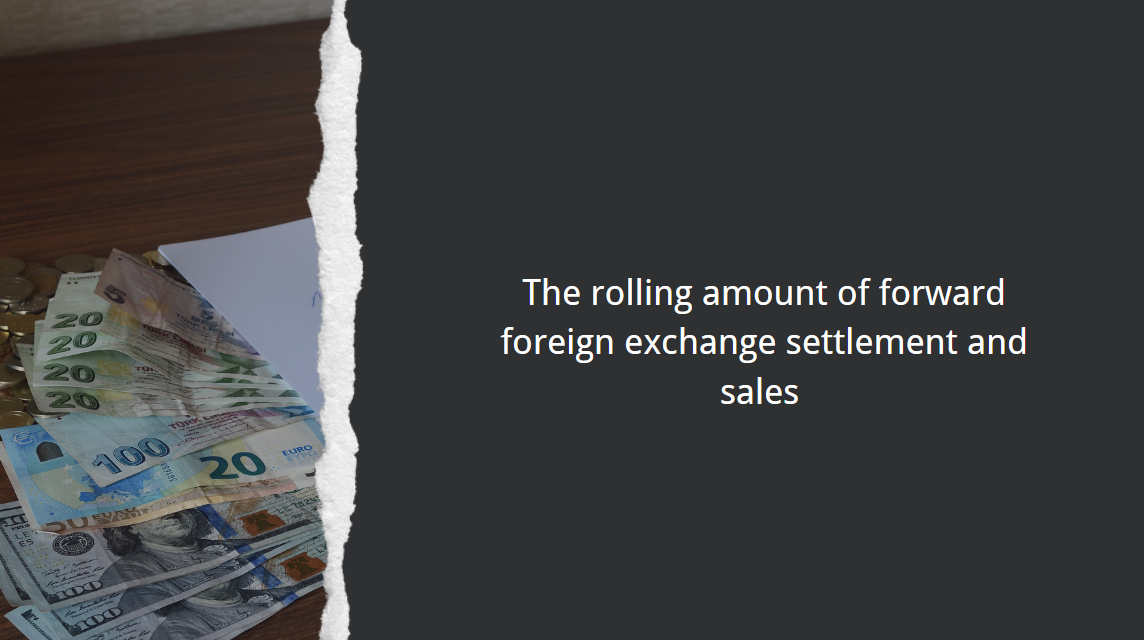The Dual Circulation Strategy: Tackling Import Trade Problems
Hong Kong companies should consider using the various solutions offered by different service platforms for cross‑border trade on the mainland.
To import goods into a country under “general trade”, the greatest advantage is that they can be shipped in large quantities, unlike cross‑border e‑commerce where only small amounts are involved. Under the regulations of the General Administration of Customs (GAC) of China, general trade refers to the import or export of goods by enterprises with import‑export rights in mainland China. Many Hong Kong companies fail to seize opportunities in the mainland market as they are not familiar with China's commodity import processes and related regulations. To tackle these problems, they should consider using the various solutions offered by different comprehensive service platforms for cross‑border trade on the mainland. For instance, traders engaged in the import of general food can use the services of trade agents to help them expedite the process of customs clearance of food imports.
Meanwhile, traders dealing in the import of expensive commodities can use the bonded logistics services available in the YRD. Such services allow them to enjoy preferential treatment for bonded goods, ensure greater safety in transportation and transaction, and accelerate the pace of delivering the goods to the mainland market for sale.
Trade agents help enhance customs clearance efficiency
Where the import of general food is concerned, the GAC has in place a series of regulations and supervision policies governing the food industry. Overseas enterprises engaged in the production, processing and storage of food for import into China must complete the enterprise registration procedures stipulated by GAC. They must also ensure that the external and internal packaging, labelling and marking of the imported food comply with China’s laws and regulations, reach national standards for food safety, affix instructions in Chinese, and meet Customs’ food safety requirements such as inspection and quarantine, before their food products can enter the mainland market for sale. Food imports failing to meet these requirements may be destroyed, returned or banned by Customs, which will in turn cause serious loss to the food importer.
The Shanghai Oujian Network Development Group Co 3 is a company with years of experience in import/export declarations, handling more than one million cases of customs declarations a year. It has been granted import licences by the mainland authorities to handle food products, dairy products, poultry and meats. It therefore provides importers of various kinds of food products with a range of trade agency services, including signing import contracts, applying for licences, handling customs declarations and making tax payments. Customs clearance procedures can generally be completed in two to three working days. The company has also set up a team dedicated to designing, producing, reviewing and printing food labels for imported‑food traders. At the same time, early‑stage consultancy services are offered to help traders consolidate such information as food labelling and ingredients before their products are imported into the mainland. Shanghai Oujian also helps Hong Kong companies meet GAC requirements for food inspection, quarantine, examination and approval so that their products can enter the mainland market smoothly.
Traders importing expensive commodities such as jewellery, watches and clocks into the mainland are often under financial pressure due to the requirement for advance payment of VAT and import tariffs. Other problems include complex customs declarations and clearance procedures; requirement for complete sets of documents such as packing lists, invoices and proof of import‑export rights; payment of freight charges; import bills of lading; and customs inspection. Shanghai Oujian points out that industry players can import expensive goods into the mainland via cross‑border e‑commerce retail channels. By leveraging bonded logistics, the goods can be stored at bonded areas without having to pay import tariffs in advance. This arrangement can effectively lower import costs and raise profit margin.
In conclusion, Hong Kong companies engaged in the trading of various products can make their way into the YRD market by choosing the right import platforms and services as well as the appropriate distribution channels based on the features of their products and how well they know the mainland market.
[1] HKTDC Research and the Shanghai Municipal Commission of Commerce jointly conducted a field study on import platforms in the YRD in the second quarter of 2023. During the study, discussions were held with Shanghai Oujian Network Development Group Co on the commodity import processes and relevant rules and regulations of China, thus helping Hong Kong companies to gain a good understanding of the developments of the domestic market.




















































First, please LoginComment After ~